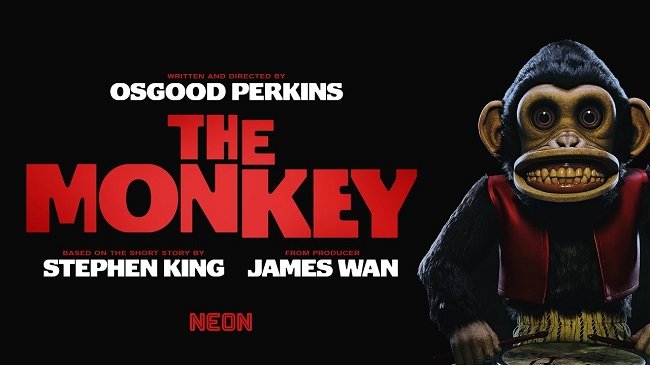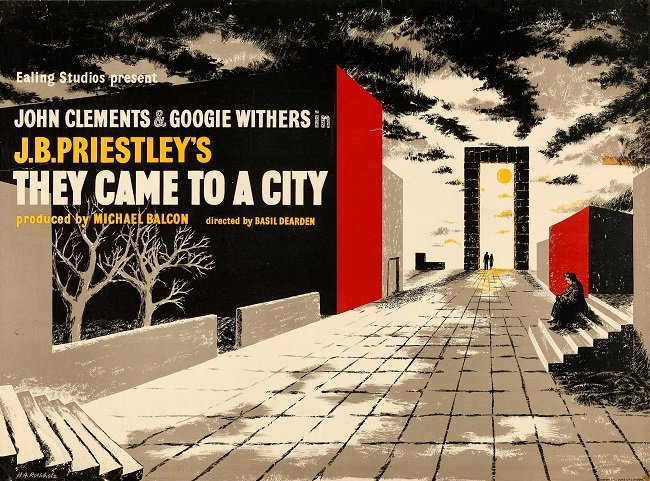Losing Interest in Mainstream Cinema
Before I begin, allow me to clarify the title of this post. I am still very passionate about movies and the film industry per se. And it’s not as if I’m going to run out of content to watch over night. There’s a wealth of older material to watch and the film industry still produces a broad spectrum of new films each year. However, for several years now I have found myself increasingly disinterested in the majority of mainstream films showcased at my local cinema. In 2014 I went to Cineworld in Bexleyheath over a dozen times. The following year that number had halved, and this pattern has continued to the present. In 2017, I went to the cinema just three times. I saw Guardians of the Galaxy Vol. 2, Dunkirk and Star Wars: The Last Jedi. Yet I watched over 150 movies at home the same year. For me the problem lies with the dominance of specific movie franchises and the way they monopolise the major cinema chains.
Allegedly, “choice” goes hand-in-hand with the free market, or so its advocates would have you believe. However, the reality is that box office success is analysed and distilled into a homogeneous formula, leading to the dominance of immaculately produced, yet generic products. Hence, we’ve seen in the last decade, the rise of the franchise movie and every studio desperately trying to establish a sprawling cinematic universe. Reboots strive to capitalise on iconic established movies, although they are seldom interested in doing anything inventive or creative with them. Studios simply see them as hooks or brands, that are already ensconced in popular culture, which means there’s less marketing to do. Films are seldom viewed as a standalone, single piece of entertainment. Sequels can and are frequently retrofitted anywhere where they are “needed”.
During my life, there have been numerous specific movie cycles that have been and gone. All have been successful, but none of them ever seemed to dominate the movie theatres to the detriment of other genres. That seems to have changed with the current fantasy and space opera boom. Disney have robustly maintained the Marvel Cinematic Universe for a decade and are looking to do the same with Star Wars. Other major studio franchises such as Harry Potter, Jurassic Park and DC Extended Universe show no sign of abating. Furthermore, there are also plenty of new ones waiting in the wings, such as the Dark Universe, the MonsterVerse and the Conjuring Universe. Yet despite the current financial success, history shows that the law of diminishing box office returns eventually comes home to roost. Ultimately even the most ardent fans can have too much of a good thing. I would argue that part of the enduring appeal of the original Star Wars Trilogy and to a degree the prequels, stemmed from their infrequency and unique place in cinematic history. Saturating the market is a risk and familiarity breeds contempt.
Another concern I have about this matter is that an entire generation of cinemagoers are being deprived of a wider choice of movies and are subsequently learning about film making as well as establishing their tastes and preferences, solely by watching a limited spectrum of genre movies. I am not trying to pooh-pooh the merits of the MCU, as it has managed to be entertaining and a little more intellectually stimulating that some other movies. However, it does not provide you with an especially broad level of cinematic literacy. It is also raises the debate about the Disneyfication and infantilization of the medium of film, although that is a complex and nuanced discussion. Another thing to consider is the greater variety of platforms that are actively competing with traditional cinema viewing and thus fragmenting the market. The net results are multiple, independent and separate communities both creating art, that are oblivious to each other and their respective work.
Finally, I would like to address the cultural arguments that are often made regarding the “artistic sanctity” of showing films in a traditional cinema and idea of the importance of the “shared viewing experience”. Both of these concepts are notional, born of an age of commonly held social values and etiquette. For good or ill, society has changed, and cinemas are no longer quiet spaces, where the audience are purely there to focus on the film being screened. Inattentive, bored and noisy audience members regularly disrupt others and the ubiquitous mobile phone also impacts upon proceedings. The consumption of food and drink also spoils the overall experience, as far as I’m concerned yet it too financially lucrative to be abandoned. All too often, technical issues also impair a screening of a film with issues such as excessive ambient lighting, films shown in the wrong aspect ratio and loss of sound. The only time I ever have a truly acceptable cinematic experience these days, is when I go to a “specialist” outlet such as the British Film Institute or a genre film festival such as FrightFest.
So, all things considered, I fully expect my visits to my local cinema to remain infrequent for the immediate future. I recently saw Deadpool 2 and although I broadly enjoyed it, I haven’t felt compelled to write about it yet. On mature reflection, I would have equally enjoyed the film three months from now when it becomes available on VOD. A lot of films make me feel this way. There’s a tendency for such movies to be adequate but no more and which really doesn’t justify the increasing cost. I had to cancel my tickets for Solo: A Star Wars Story this week, due to a family illness. I can honestly say I wasn’t that upset by this and will avoid the media circus surrounding the film and see in August or September, in the comfort of my own home free from any disturbance. In the meantime, VOD and retail releases will continue afford me a far broader and varied home cinema experience. Westerns, musicals and human dramas are just some of the genres available to me. I can choose between populist and “highbrow” viewing because both have their respective merits. I just wish that the modern cinemas chains understood this.




























